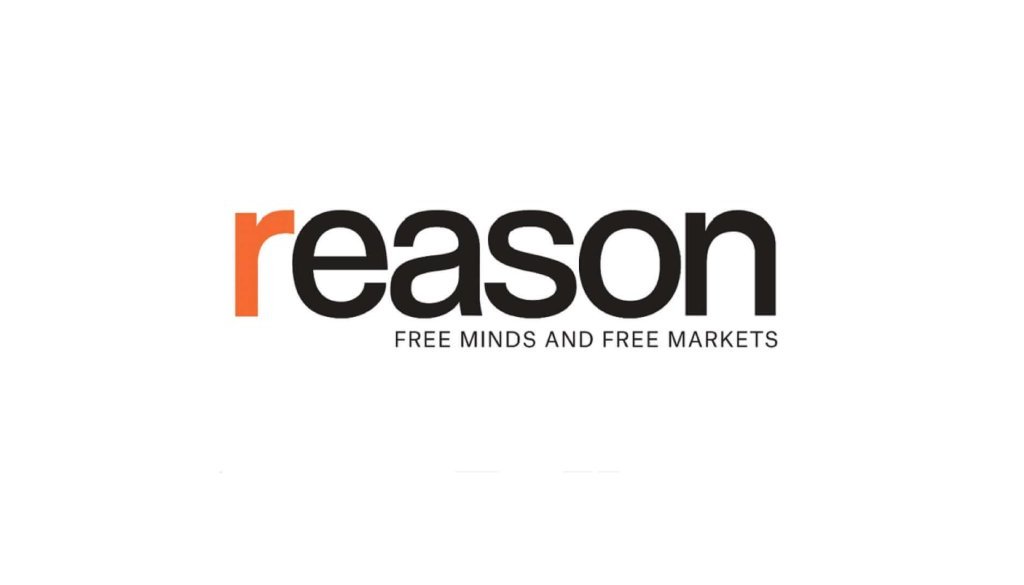The Major Separation of Powers Problems with J.E.B. v. Trump
On Wednesday, I briefly wrote about Judge Boasberg’s proposed criminal prosecution briefly. Here, I would like to highlight several of the significant separation of powers problems, many of which were raised in DOJ’s latest mandamus petition to the D.C. Circuit. Specifically, this special prosecutor would truly be untethered, and would be burdened by none of the modest restrictions that Alexia Morrison confronted.
Let’s recap how the Ethics in Government Act (EIGA) operated. First, the Attorney General had to determine if there was “reasonable grounds to believe that further investigation or prosecution is warranted.” Second, when such a finding is made, the EIGA called for a special three-judge panel of the Court of Appeals for the D.C. Circuit to “appoint an appropriate independent counsel” and “define that independent counsel’s ‘prosecutorial jurisdiction.'” Third, the special division was authorized to expand the independent counsel’s “prosecutorial jurisdiction.” Fourth, the independent counsel could be removed by the Attorney General for “good cause.” That removal would be subject to review by the Special Division.
After Congress let the Independent Counsel statute lapse, Attorney General Reno issued a series of regulations that created the new “special counsel” regime. This was the authority that Robert Mueller and Jack Smith invoked to investigate and prosecute President Trump. I’ve argued at some length why I think those regulations are unconstitutional, but I’ll table those issues for now. At least under those regulations, the special counsel was subject to some supervision by the Attorney General, and could be removed for cause. Moreover, Mueller adhered to DOJ policy, and did not indict the President.
Now, let’s consider the path that Judge Boasberg is going down.
First, it is not the Attorney General, or some politically accountable figure, deciding whether the investigation and prosecution of the executive branch should begin. It is an inferior court judge. Now, you might reply that Attorney General Bondi is in fact a possible party to the case, since she signed pleadings in Judge Boasberg’s court. I think that argument presumes that there was a crime committed, but I take the point. The bigger problem is that Judge Boasberg is also a party to the case. His oral and written orders are the basis of the contempt proceedings. Is he a disinterested party to determine how others should have construed his orders? I think not. When I tell my kids to do something, and they largely ignore me, I am not a neutral party to decide whether my instructions were clear enough. I continue to think that all judges who initiate contempt proceedings should immediately ask to have the case reassigned to avoid any possible conflict of interest. Really, Judge Boasberg should be a witness in such a proceeding, rather than the deciding authority.
Second, under the EIGA, the three-judge panel decided who the independent counsel should be. And under the special counsel regulations, the Attorney General made that decision. The decision of who to appoint is foundational. Why did Merrick Garland appoint a war crimes prosecutor like Jack Smith to go after Trump, but appointed a mild-mannered former U.S. Attorney like Robert Hur to investigate Biden? Both cases involved alleged purloining of government documents. Why didn’t Garland appoint the same official to investigate Biden and Trump? I think the question answers itself.
And in any event, it doesn’t much matter who is appointed. Many men of integrity have been sullied by serving as inde
Article from Reason.com

The Reason Magazine website is a go-to destination for libertarians seeking cogent analysis, investigative reporting, and thought-provoking commentary. Championing the principles of individual freedom, limited government, and free markets, the site offers a diverse range of articles, videos, and podcasts that challenge conventional wisdom and advocate for libertarian solutions. Whether you’re interested in politics, culture, or technology, Reason provides a unique lens that prioritizes liberty and rational discourse. It’s an essential resource for those who value critical thinking and nuanced debate in the pursuit of a freer society.




